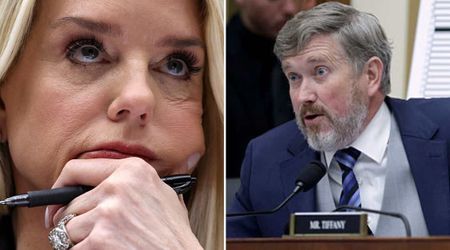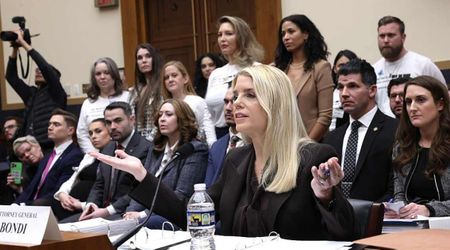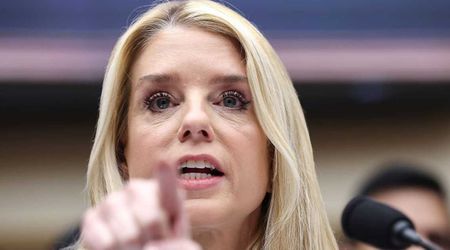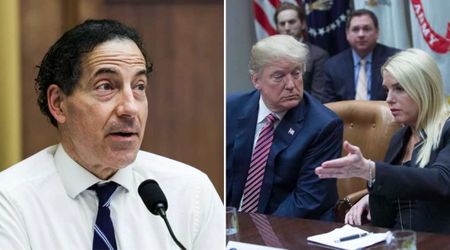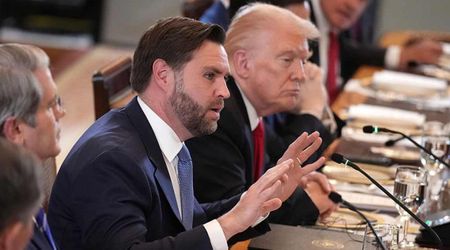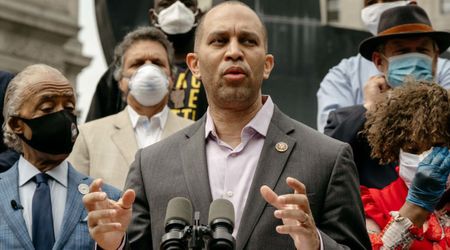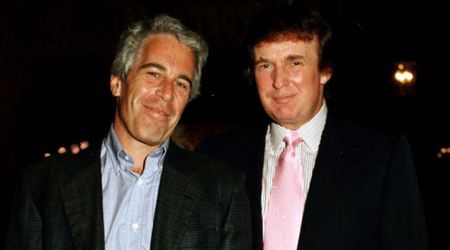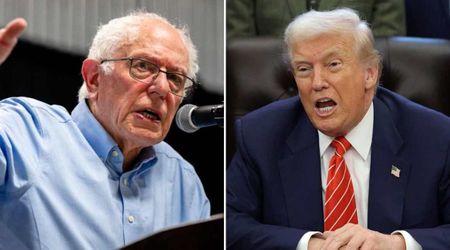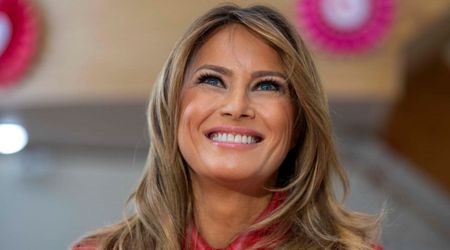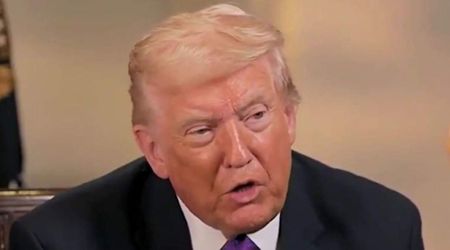Campaign Curveballs: Here's what happens if a candidate leaves or dies in the middle of presidential race
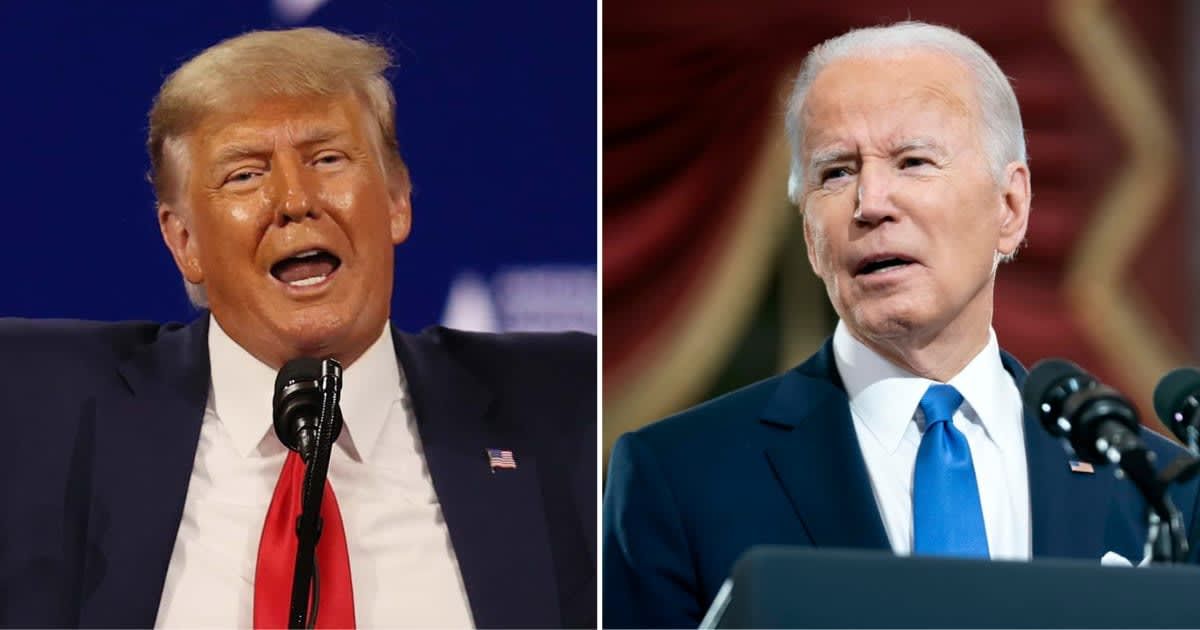
Here's what ensues if a candidate leaves or dies in the middle of a presidential race

While a rematch between President Joe Biden and former President Donald Trump seemed certain for the 2024 presidential election, there's always a chance that someone might come up for one candidate or the other. For instance, newspaper publisher and Democratic presidential contender Horace Greeley died in November 1872 after Election Day but before the Electoral College votes were tallied. There have been two presidential succession-related constitutional changes since Greeley's death, but there is still much ambiguity surrounding what happens if a presidential contender suffers an unanticipated tragedy, especially when they're as old as Trump or Biden. Let us see what may happen if a candidate decides to leave or unfortunately dies in the middle of the presidential race:
1. What happens if a candidate cannot continue with their campaign?

Whether a vacancy arises during the primary process and before the party convention, during the convention and after the convention, or before or after the November election, it will have a significant impact on the process of how a replacement is sought for the presidential candidate.
2. What transpires if a vacancy arises during the initial process?

In case a vacancy shows up on either side before the majority of the primaries have taken place, someone else may emerge and garner some delegates. However, it seems doubtful that any candidate, aside from Trump or Biden, would be able to accumulate enough delegates to clinch the nomination before party conventions this summer. Both candidates won by a landslide against the other contenders with Biden securing the 1,968-delegate margin without much trouble. While Nikki Haley gave Trump a tough competition, he still managed to clinch 1,215 delegates ahead of the GOP convention, slated to be held in Milwaukee in July. Democrats are set to hold theirs in Chicago in August. Having said that, states could decide to delay their primaries in the unlikely case of a presidential candidate dying or dropping out in the initial leg of the race.
3. What happens if there is a vacancy before or during the convention but after the primaries?

Delegates would probably choose the party's nominee on the convention floor if the frontrunner withdrew from the race after the majority of primaries or even at the meeting. That would draw attention to the typically specialized subject of who those real delegates are. It will likely give rise to a messy political battle in every state over who would get to be a delegate (in case the vacancy emerged before many of those people were decided on) and then who would get their support in the end. They might even end up considering those who didn't participate in the primary campaigns.
4. Has something comparable ever happened before?

Voters' demands for more participation in the nomination process led to the evolution of the current primary and caucus system only in recent decades. Change began in 1968 when President Lyndon B Johnson withdrew from the race following a humiliating showing in the New Hampshire primary. Johnson prevailed, but not by much. His withdrawal from the presidential contest sparked a wild scramble to take his place. Robert F Kennedy was one among the candidates who entered the campaign, however, he was assassinated in Los Angeles shortly after winning the California primary, raising the tough dilemma of who his delegates should support.
5. What if a candidate withdrew from the race following a convention?

A candidate would have to experience a dramatic occurrence to withdraw from the campaign in the short period between a party's summer nominating convention and its November general election. Republicans and Democrats handle this possibility in significantly different ways. The Democratic National Committee may choose a candidate for the national ticket under party regulations, following consultation with Democratic governors and congressional leadership by the party chair. On the other hand, the Republican National Committee has the authority to choose a new candidate or call another national convention if a vacancy arises.
6. Has there ever been a candidate who dropped out after the convention?

According to CRS, Thomas Eagleton, a Democrat seeking the vice presidential nomination in 1972, was compelled to withdraw following the convention when it became apparent that he was receiving mental health treatment. Subsequently, the Democratic National Committee (DNC) had to call a meeting to confirm Sargent Shriver as the Democratic contender George McGovern's second-choice running mate.
7. What would happen if the newly elected president was suddenly incapacitated?
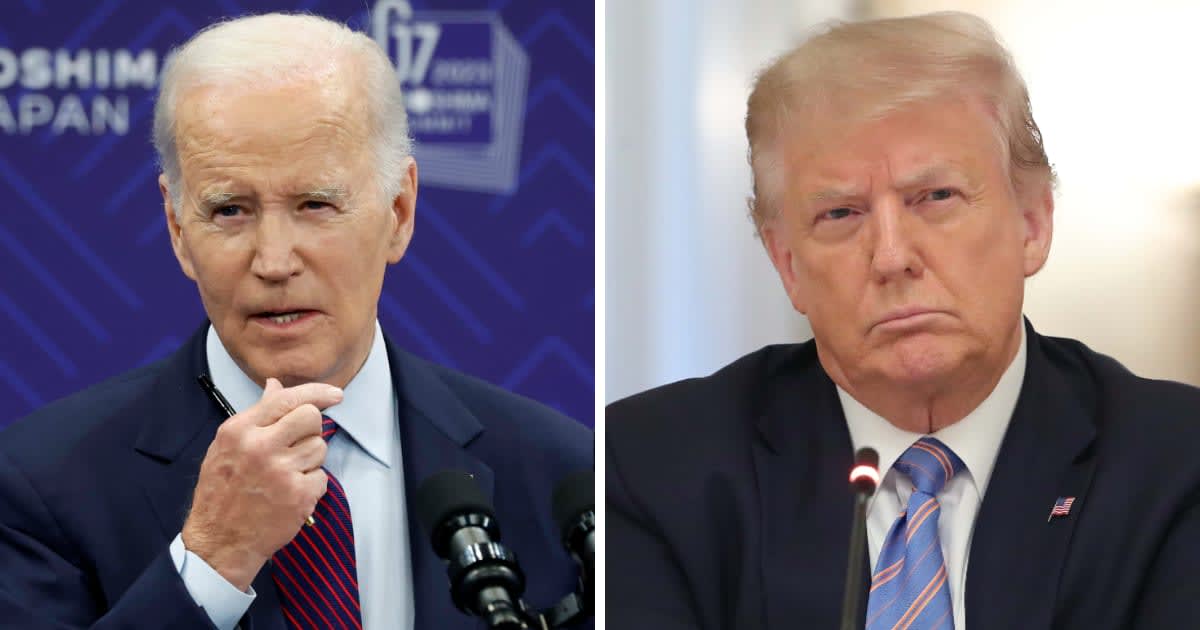
The timing is crucial in case a president-elect dies soon after the election. According to the Constitution, votes for the president are cast by electors gathered in state capitals. In certain states, they must vote for the state's election winner, while in others, they are free to choose. Although the statute itself is unclear, the CRS paper, which references many congressional hearings on the matter, indicates that it would make obvious sense for a vice president-elect to simply take over the duties of a president-elect.

